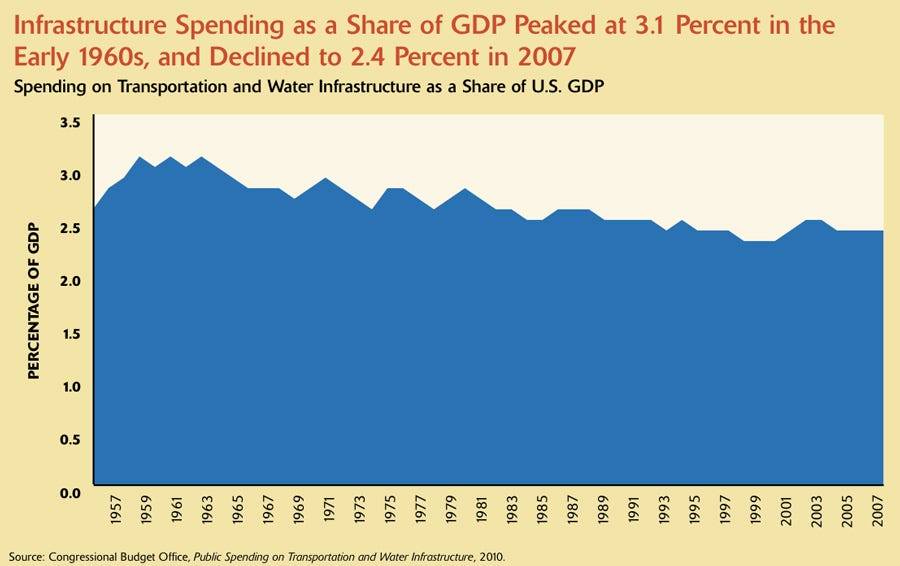Political Junky
Gold Member
- May 27, 2009
- 25,793
- 3,990
- 280
Oops, sometimes the truth slips out.
First Read - Romney: Spending cuts slow economic growth
Mitt Romney said Tuesday that cutting spending slows growth in the economy -- a rhetorical slip more akin to an argument a Democrat might make than a Republican.
Speaking in Shelby Township, MI, the former Massachusetts governor took a question about the Simpson-Bowles fiscal commission empaneled by President Obama to address the nation's deficit and debt issues. In his response, he said that addressing taxes and spending issues are essential.
"If you just cut, if all you're thinking about doing is cutting spending, as you cut spending you'll slow down the economy," he said in part of his response. "So you have to, at the same time, create pro-growth tax policies."
<more>
First Read - Romney: Spending cuts slow economic growth
Mitt Romney said Tuesday that cutting spending slows growth in the economy -- a rhetorical slip more akin to an argument a Democrat might make than a Republican.
Speaking in Shelby Township, MI, the former Massachusetts governor took a question about the Simpson-Bowles fiscal commission empaneled by President Obama to address the nation's deficit and debt issues. In his response, he said that addressing taxes and spending issues are essential.
"If you just cut, if all you're thinking about doing is cutting spending, as you cut spending you'll slow down the economy," he said in part of his response. "So you have to, at the same time, create pro-growth tax policies."
<more>


